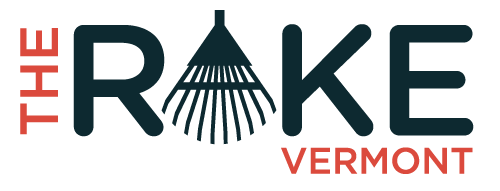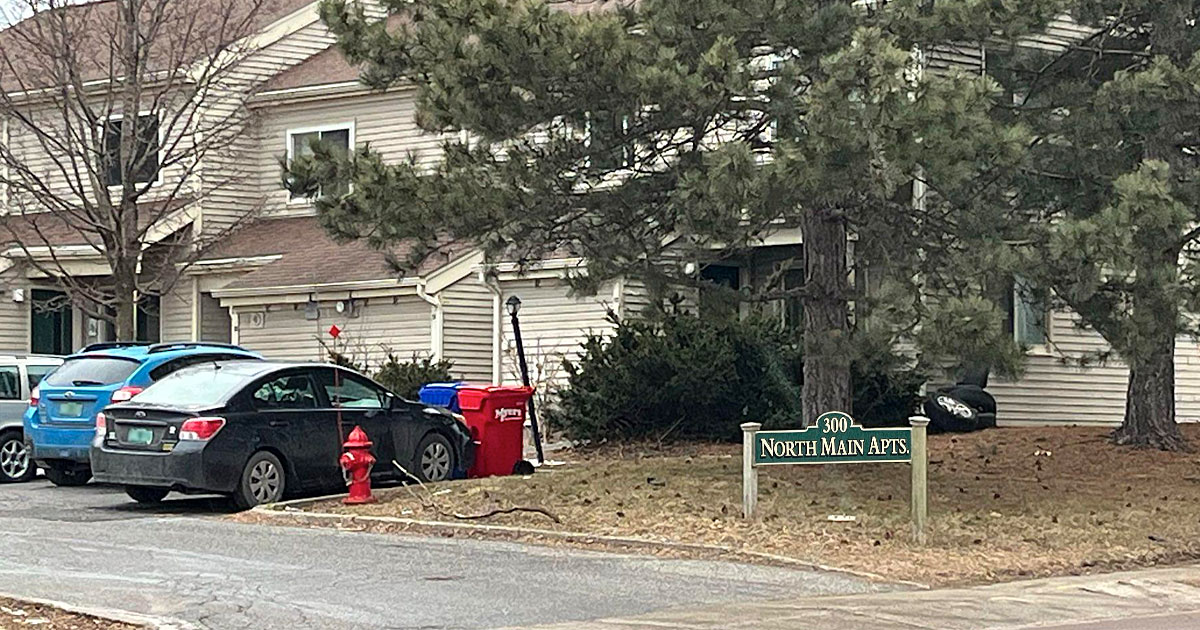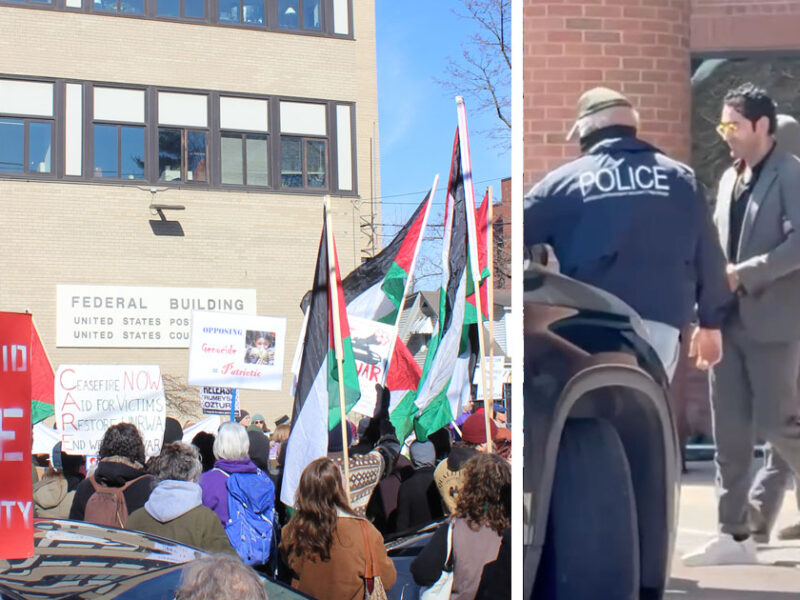Over a two-year period, dozens of people living at 300 Main Street in Winooski have faced an insecure future. The building’s owners, noted slumlords Rick and Mark Bove, attempted to, then reversed course on, and now are planning once again to evict 24 low-income tenants, tear down the existing complex, and replace it with a 77-unit structure to lure market-rate rents and wealthier tenants.
While these tenants face a life-altering crisis, the conflict at 300 Main Street is just one skirmish in a much larger battle over the future of housing in Vermont: how much housing is built, where it’s located, and who gets to enjoy it. Last year, record numbers of people relocated to Vermont from other states, increasing competition for existing housing stock and giving landlords and property speculators more leeway to hike their prices further.
Housing organizers have rallied around tenants of the property and are highlighting the growing concern around rising rents and affordability.
Burlington Tenants United, which is fighting the proposed re-development of the property, has been actively canvassing there and so far has connected with around half of 300 Main’s tenants. They’ve found a majority of them do not want to move. While the Boves maintain that all current residents could return to the building, the messaging doesn’t match actions, according to tenants. BTU organizers report that those they’ve spoken to say updates regarding the move make no mention of current residents being able to return to the building. Nor would the Boves allow current residents to return at their current rental rates.
Many of the residents are New Americans and claim that language barriers were used against them in the process. Written notices are not required to be provided in a language the tenant understands, and there was no consistent effort to ensure full understanding of the termination of tenancy notices.
A termination of tenancy is not a formal eviction, something BTU claims wasn’t made clear to the building’s residents. This meant that many left without realizing they did not have to. To facilitate alternative housing, the Boves employed the firm Summit Properties. Residents with limited proficiency in English stated that property managers from the Boves’ organization were filling out their applications for them without explanation. “Racial inequity played a huge role in this eviction and what these tenants have experienced with the Boves as slumlords,” BTU said in a statement to The Rake.
Summit Properties did not respond to requests for comment regarding whether they’ve found new housing units for 300 Main’s tenants or for how many they’re looking to find housing in the area.
The Champlain Valley Office for Economic Opportunity (CVOEO), which can provide assistance for low-income families to navigate housing, did not step in to provide clarity for tenants confused by tenancy termination notices, according to BTU organizers and tenants of 300 Main Street. CVOEO did not respond to comments when asked if they’ve provided any support to 300 Main Street’s tenants or if they expect to see a significant increase in the size or kind of housing stock in the area.
Currently, tenants are left with little recourse to stop the Boves from leaving notes on tenant doors asking them to leave during construction. For those who remain and those who left amid the confusion, there’s no guarantee that they’ll find or be provided with comparable housing.
Housing insecurity is not, of course, unique to Vermont. Housing is now unaffordable for half of U.S. renters, and the crisis requires meaningful, systemic, and immediate action. Such action, so far, is off the table for those who created this crisis: developers, housing speculators, private equity investors, landlords, and the political class that depends on them for tax revenue and electoral support. Even modest pro-tenant reforms, like just cause eviction laws, have repeatedly run aground on the myriad veto points Vermont’s political system arrays against voter initiatives and local charter changes.
“The ‘needs of housing’ for me, as a low-income working person, don’t feel like they align with the needs of me and my neighbors, which are to stay in our homes and communities and not be pushed out by landlord and developer greed,” said Grace, an organizer with BTU.
In discussions with tenants across Chittenden County, common themes emerge. Whether it’s refusing repairs, raising rent, or harassing a tenant into moving out, the power a landlord has over their renters can be overwhelming. The one consistent counterpower tenants have found is through working and struggling alongside each other arm-in-arm, either informally or through a tenant union. Indeed, the only thing that stayed the Boves’ hands when they initially tried to evict tenants at 300 Main in 2022 was tenant and community outrage and mobilization. Even just a delay in eviction is itself a victory, tenants say: those are days, months, and sometimes years of housing that landlords didn’t want to provide them.
“We’re taught that at the apex of political power is legislation and elections within the liberal terrain of capitalist government,” said BTU in a statement, but noted, “there’s a whole world of just-doing-shit-for-ourselves for the taking: getting strategic about not just making demands, but showing up for each other in solidarity and support by building the working class organizations needed to win.”
Correction, February 22, 2024: The last quote in the article was initially misattributed to Grace, when it should have been attributed to BTU as an organization.
Matt Moore is a writer from Vermont. He is on the editorial collective of The Rake Vermont.



